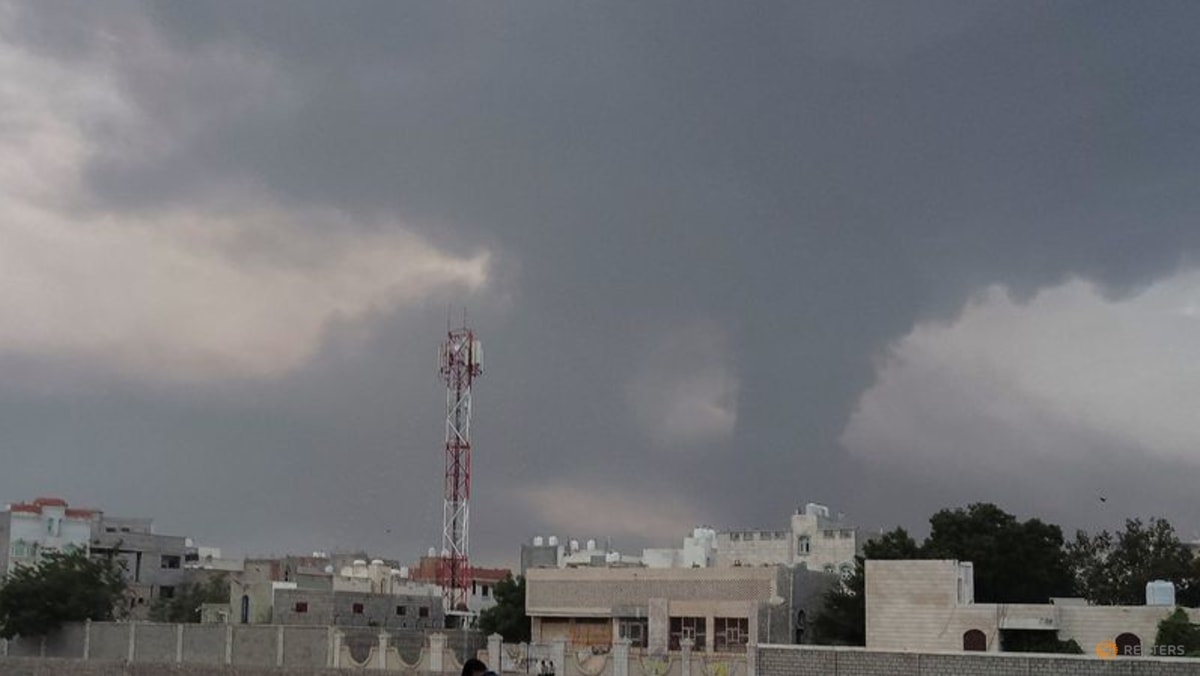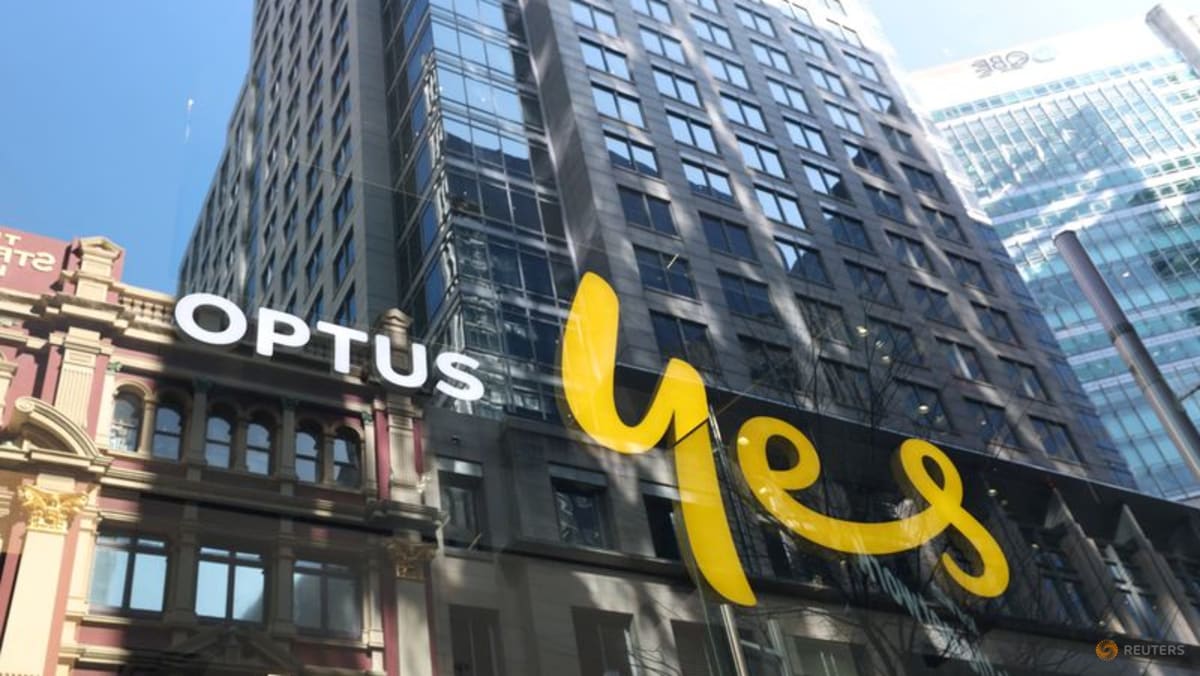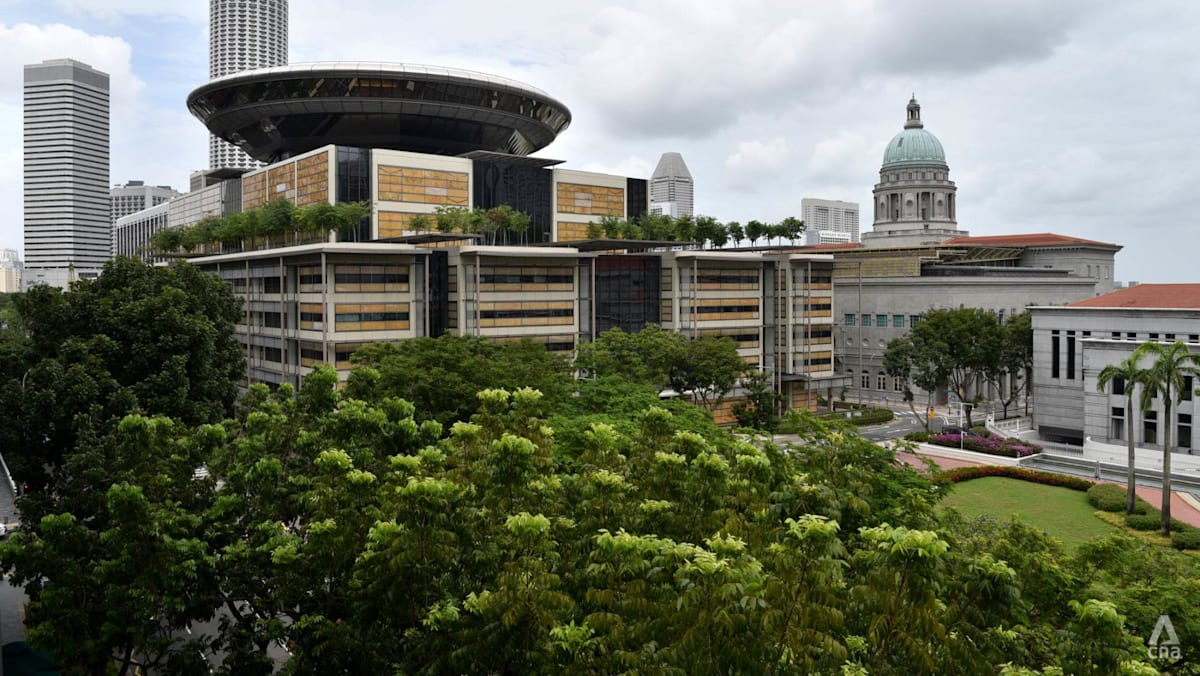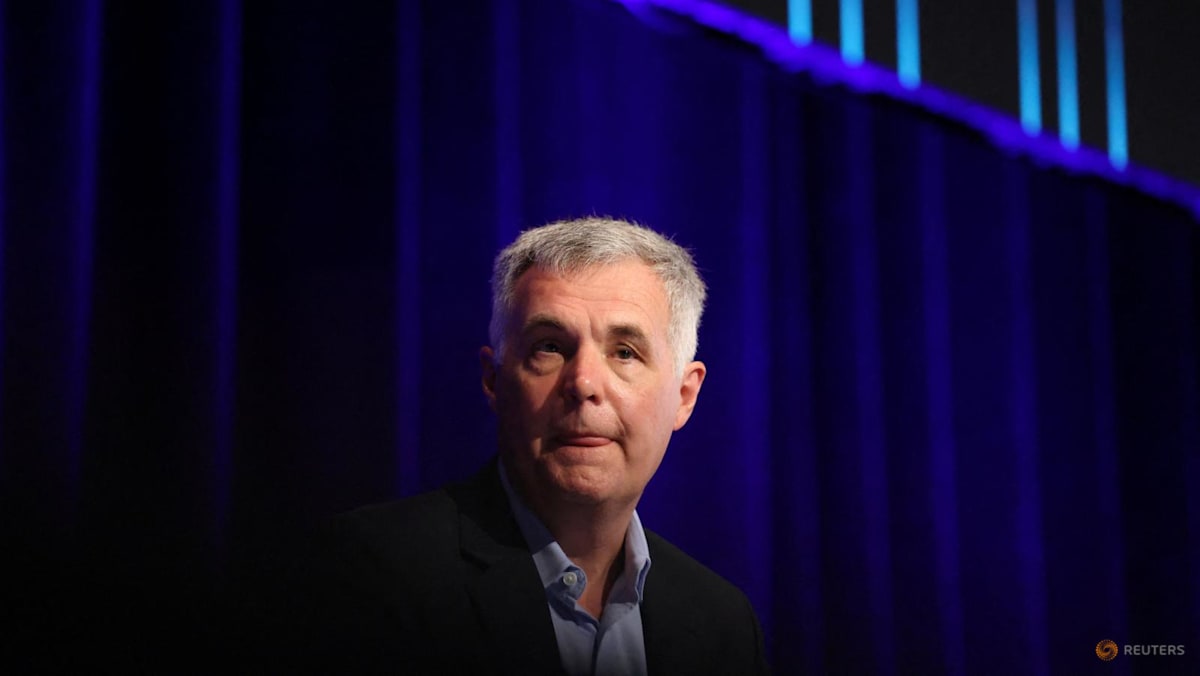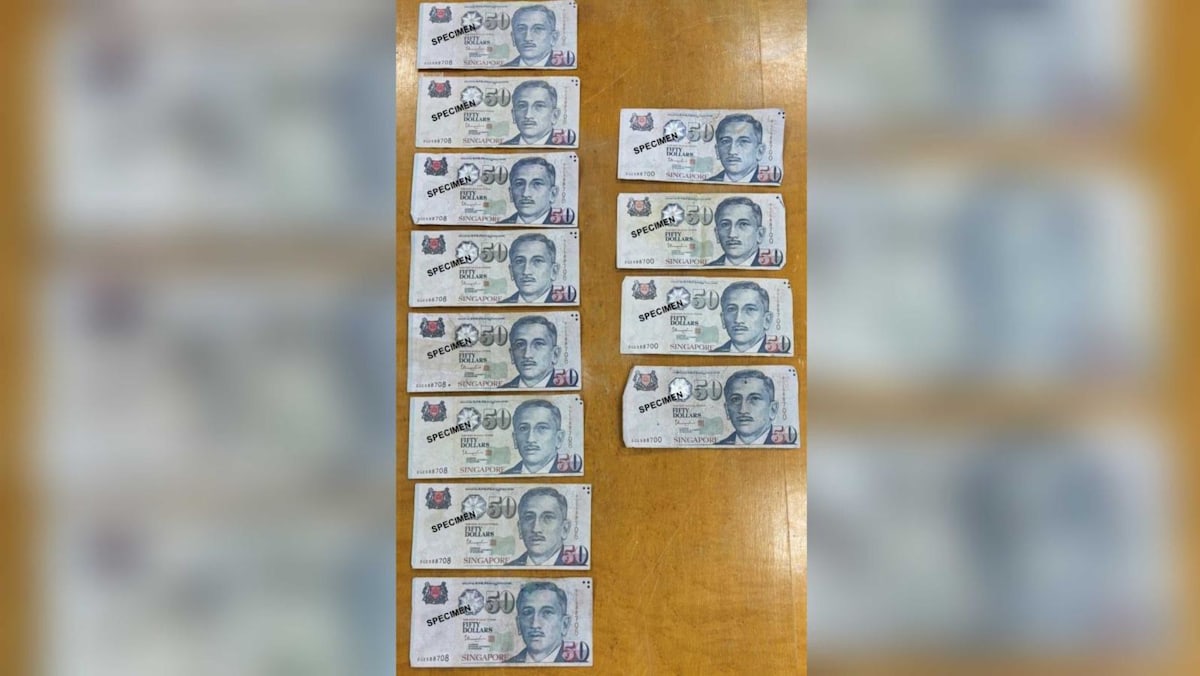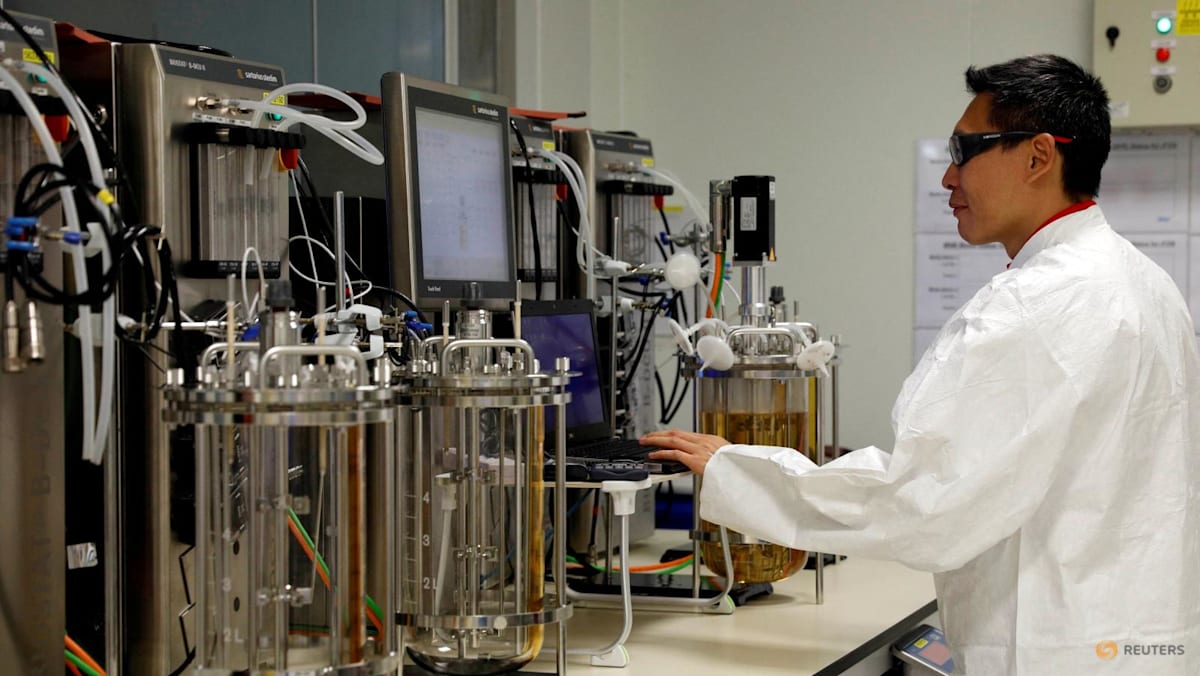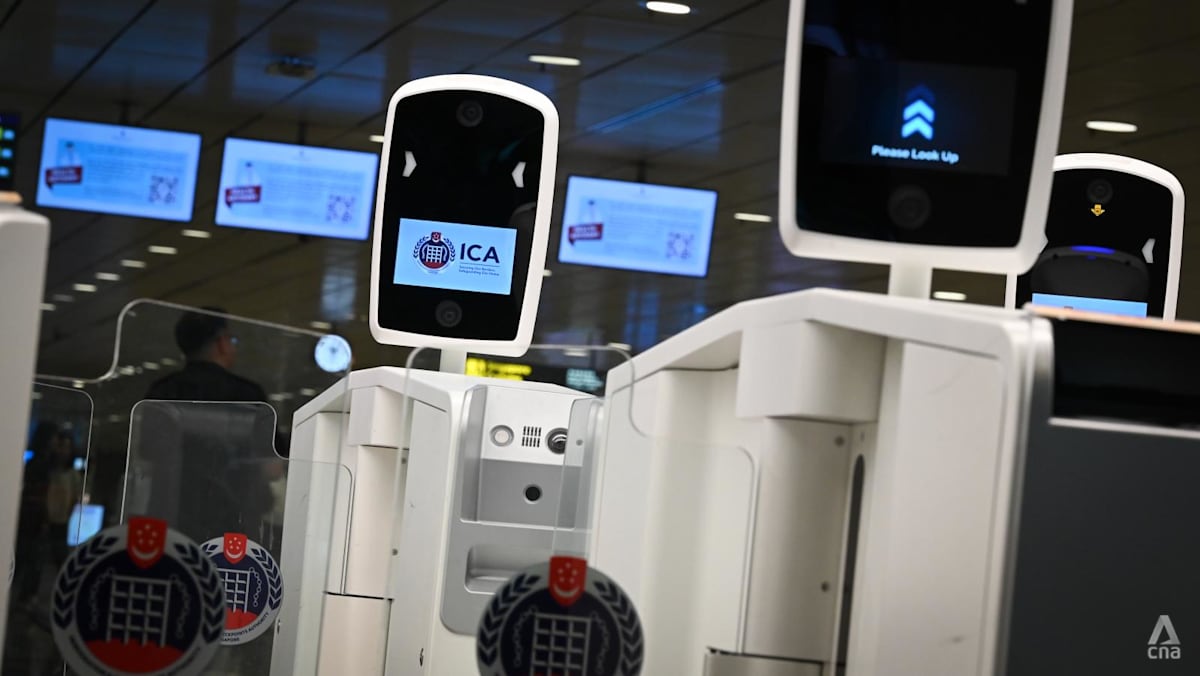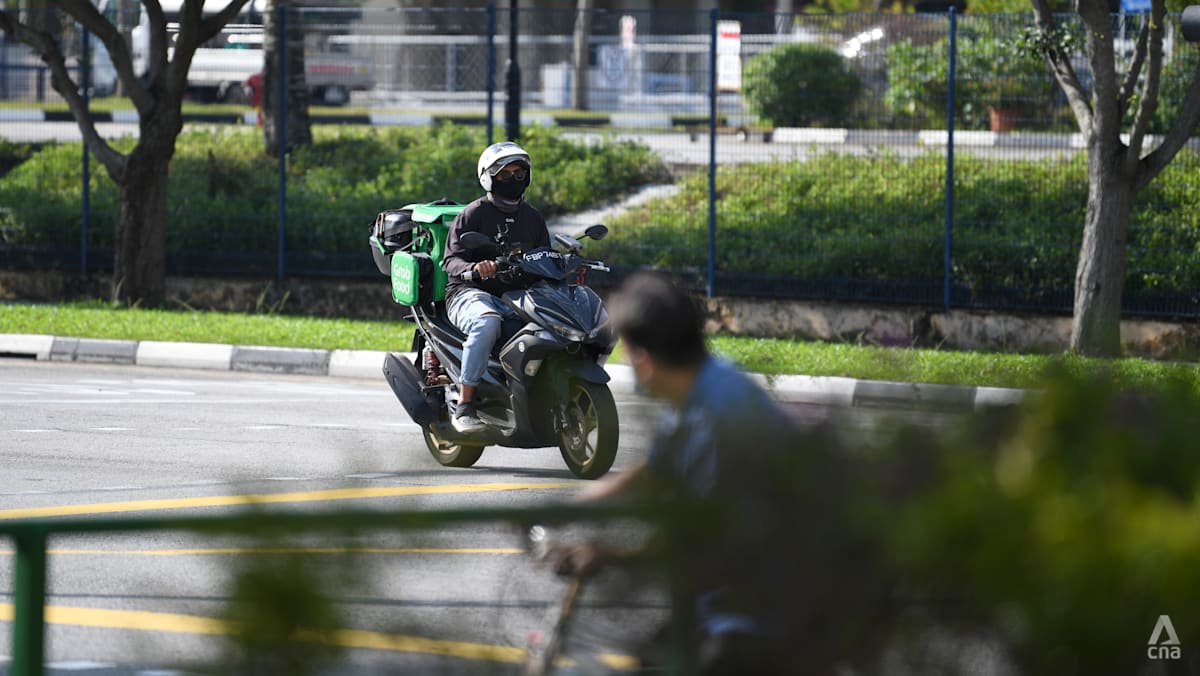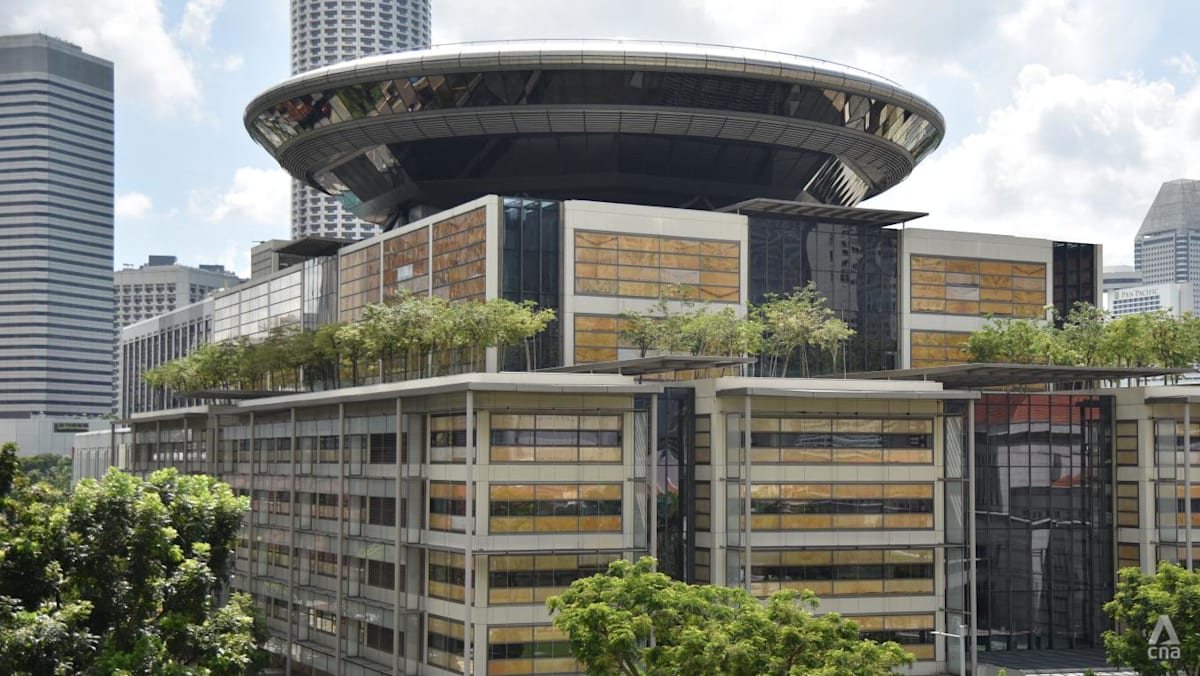What has Singtel got to do with this?
In 2001, Singtel launched a successful takeover bid for Optus, making the latter a wholly owned subsidiary of the Singapore telco.
Singtel, with Mr Lee Hsien Yang as its CEO at the time, acquired the company for about S$11 billion in 2001.
In his statement on Sep 25, Singtel’s Group CEO said the company has invested more than A$9.3 billion in Optus in the past five years, with a large proportion going into building network infrastructure across Australia.
In the financial year ending in March 2025, Optus generated A$8.2 billion in revenue for Singtel, accounting for half of the group’s total revenue. Optus is also one of Singtel’s largest overseas investments.
Why should Singtel be worried about Optus’ woes?
Singtel’s share prices fell by 3.8 per cent to S$4.10 after the market opened on Monday, before closing the day at S$4.12.
With 60.5 million shares transacted, it was one of the most heavily traded stocks on the Singapore Exchange by volume on Monday. The shares already lost about 3 per cent of their value last week, following the earlier interruption.
On Tuesday, Singtel shares fell by about 2.4 per cent to S$4.06 after the market opened.
The drop in share prices is likely to be related to the most recent outage over the weekend, since Optus is a major part of Singtel and its problems “just got worse”, said Professor Mak Yuen Teen, director of the centre for investor protection at the National University of Singapore’s (NUS) business school.
The market will look at what sanctions Optus may face in Australia and whether it continues to struggle with dealing with its problems there, he added.
“Optus accounts for about half of total group revenues but significantly less in terms of profitability, based on earnings before interest and tax,” said Prof Mak.
These incidents could affect investor confidence in Singtel, he said, adding that there is wider reputational damage not only to Optus but also its parent company.
These incidents with Optus could raise questions with authorities and stakeholders in other parts of Asia, especially in businesses where Singtel owns an entire or majority stake, said Prof Mak.
“Probably less so where they are associates and joint ventures which have their own arrangements when it comes to governance and operations.”
Director of the centre for governance and sustainability at NUS’ business school Professor Lawrence Loh noted that the Australian telco market is mature and strongly regulated.
Optus operates in a triopoly alongside Telstra and TPG Telecom, he added, stressing that the market is very competitive.
As the Optus board reports directly to the Singtel board, the “broader Singtel governance policy will also have a very big influence on how Optus provides governance”, said Prof Loh.
Most of the other markets that Singtel is active in are emerging markets, unlike the situation in Australia, where expectations are higher. With the latest crisis, there may even be implications to Singtel’s credibility locally, said Prof Loh.
“Singtel has been grown organically within Singapore, so probably they really want to be a global player. They really need to strengthen their talent bench, or their managerial or governance set up.”


